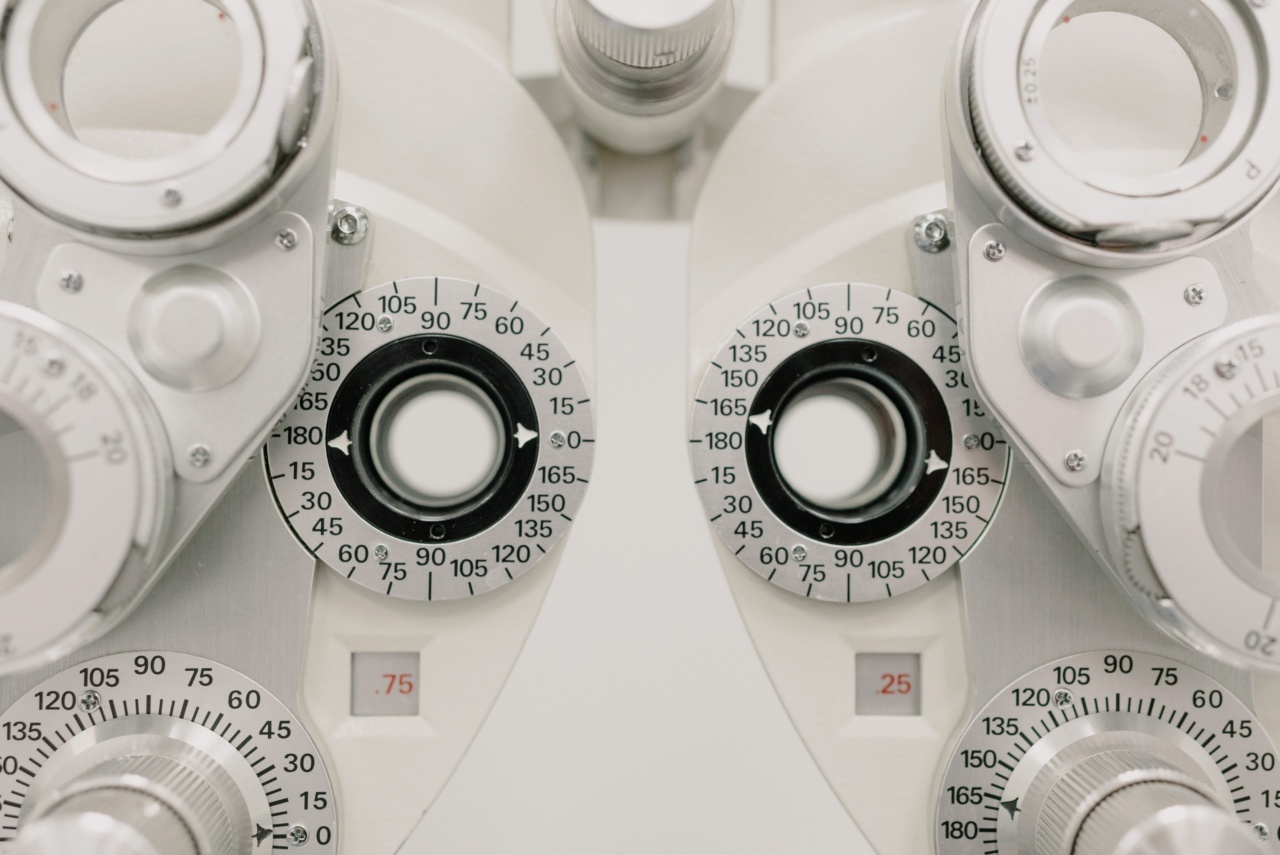A new study has found that regular eye examinations could potentially help predict the risk of developing dementia later in life.
The research, conducted by scientists at the University College London (UCL), suggests that changes in the eye’s blood vessels could serve as an early indicator of cognitive decline.
The Link Between the Eyes and the Brain
The eyes have long been considered the windows to the soul, but recent scientific discoveries show that they may also provide valuable insights into the health of the brain.
The connection between the eyes and the brain is established by the optic nerve, which transmits visual information from the eyes to the brain. Consequently, any changes or abnormalities in the eye’s structure or blood vessels could be indicative of underlying brain conditions.
Understanding Dementia
Dementia is a broad term that refers to a decline in cognitive function, severe enough to interfere with daily life. Alzheimer’s disease is the most common form of dementia, accounting for up to 80% of cases.
Other types of dementia include vascular dementia, Lewy body dementia, and frontotemporal dementia. Currently, there is no cure for dementia, making early detection crucial for potential interventions and treatments.
The Study
The researchers at UCL analyzed data from over 12,000 individuals aged 55 to 73 who participated in the UK Biobank study. The participants underwent eye examinations, including retinal imaging, to assess the integrity of their blood vessels.
They were then followed up for an average of 8.5 years to track the development of dementia.
The results showed that individuals with even minor changes in their retinal blood vessels were 2.5 times more likely to develop dementia compared to those without any vascular abnormalities.
Furthermore, the risk increased as the severity of the blood vessel changes worsened.
Linking Eye Health to Brain Health
The findings of this study support previous research that has shown a strong correlation between eye health and brain health.
The intricate network of blood vessels in the retina reflects the state of blood vessels throughout the body, including those in the brain. Therefore, any signs of damage or abnormalities in the eye may indicate similar issues in the brain, potentially leading to cognitive decline.
Early Detection and Intervention
One of the key advantages of using eye examinations to predict dementia risk is the non-invasive and relatively inexpensive nature of these tests.
Regular eye check-ups are already recommended to monitor vision and detect common eye conditions such as glaucoma and macular degeneration. By adding an assessment of the retinal blood vessels, doctors may be able to identify individuals at risk of developing dementia and start interventions early.
Early interventions for dementia risk may include lifestyle changes, such as increasing physical activity, maintaining a healthy diet, and managing cardiovascular risk factors.
Additionally, individuals identified as high-risk could benefit from cognitive training programs or potential future treatments aimed at preventing or delaying the onset of dementia.
Limitations and Future Directions
While this study provides valuable insights into the link between eye health and dementia risk, it is important to note that the findings are observational.
Further research is needed to establish a causal relationship and determine if interventions based on eye examination findings can truly reduce the risk of dementia.
Additionally, the study mainly focused on individuals aged 55 to 73, so the results may not be applicable to younger or older populations.
Further investigations should be conducted to determine the optimal age range for screening and the specific subgroups that may benefit the most from this type of early detection method.
Conclusion
The findings from the UCL study suggest that eye examinations, specifically retinal imaging to assess blood vessel integrity, could potentially serve as an early indicator of dementia risk.
Identifying individuals at risk of developing dementia could open doors to early interventions and treatments, providing hope for improved outcomes in the battle against this debilitating condition. It is essential to further explore this link between eye health and brain health to fully understand its potential benefits and limitations.





























